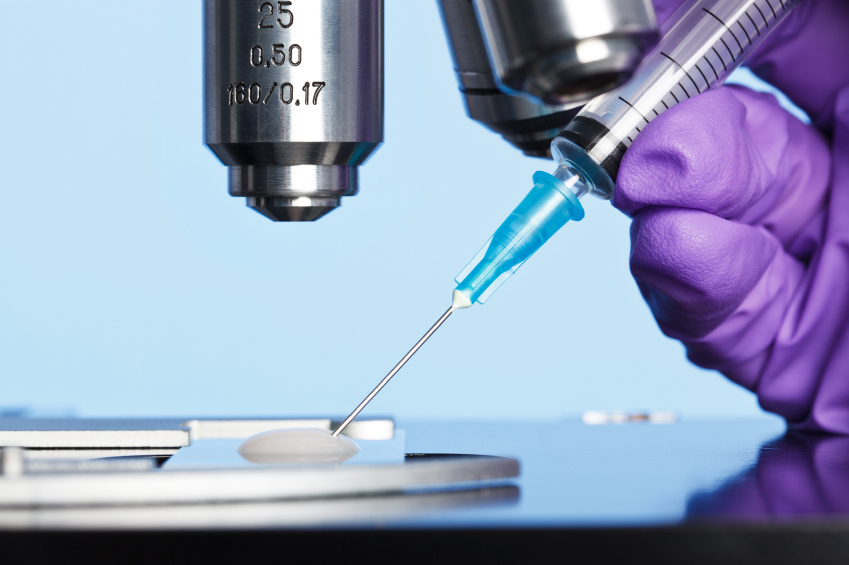In the United Kingdom, the medical team at Newcastle Hospital has been authorised by the HFEA[1]to “create the first three-parent babies” in Great Britain for two women with mitochondrial diseases [2] who wish to remain anonymous. The procedures will be supervised by Mary Herbert, Professor of Biology and Reproduction.
“Three-parent IVF” involves carrying out in-vitro fertilisation with the sperm and egg of the father and mother. The embryo obtained undergoes further manipulation. Its nuclear DNA is removed and placed in a previously enucleated donor egg. The mitochondria inherited by the child will be those of the donor and therefore exempt from the mother’s mitochondrial disease. The scientific community has differing opinions about this technique and some people are concerned about its safety.
In 2015, the United Kingdom authorised three-parent IVF, which is also known as “mitochondrial donation”. The Newcastle Centre, which was granted a licence last March, might have already started procedures for the two women concerned (seeThree-parent IVF: first British licence). The designated HFEA Committee investigated their medical and family histories, and believe that “all of the children conceived could suffer from a serious progressive disease that would severely affect their quality of life”, thereby making pre-implantation diagnosis a futile exercise.
It was reported that several children had been born using this technique in Mexico in 2016 (see Birth following “three-parent IVF”: reactions) and in Ukraine in 2017 (Three-parent IVF: birth in Ukraine).
For further reading:
The Guardian, Ian Sample (1/02/2018)

